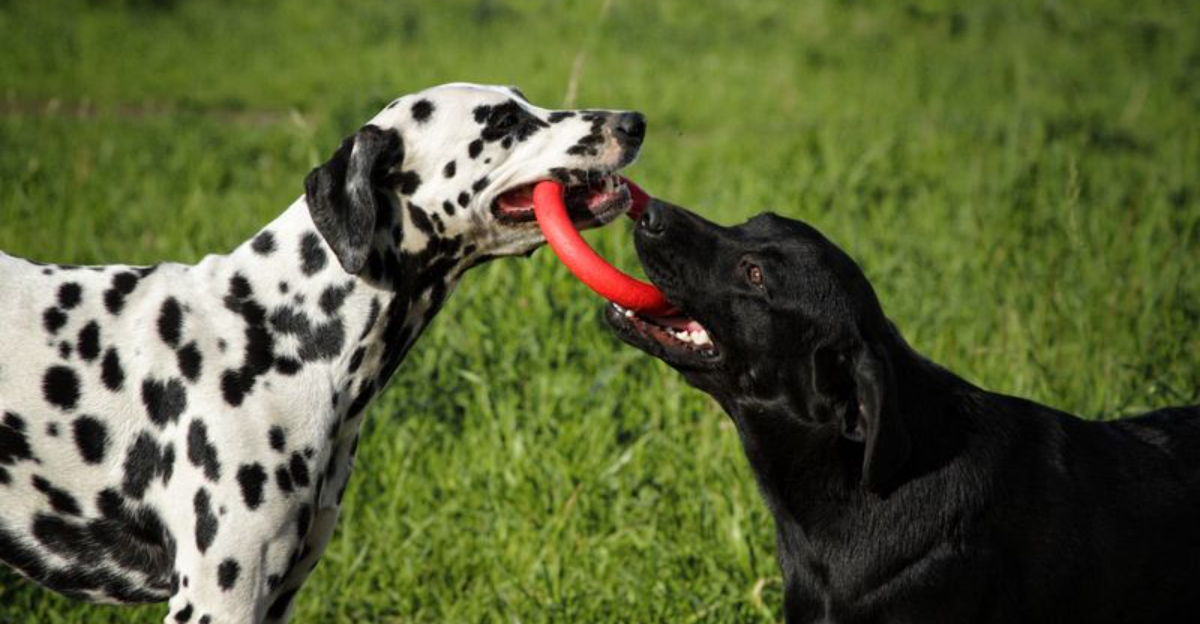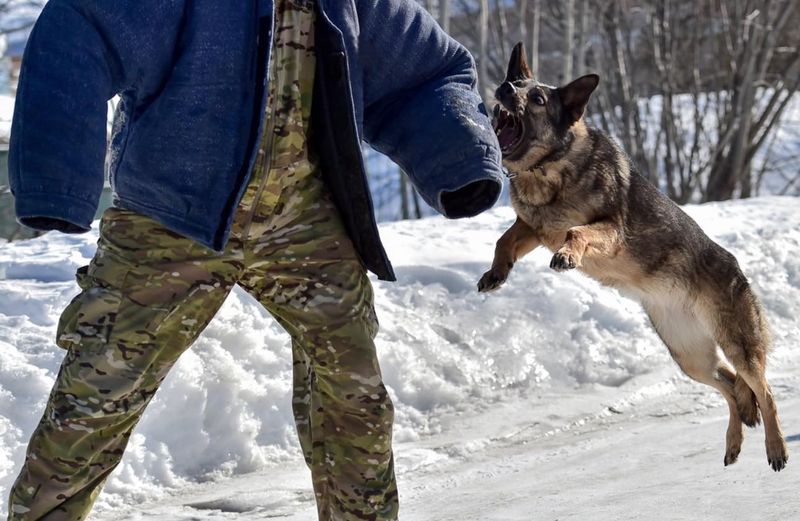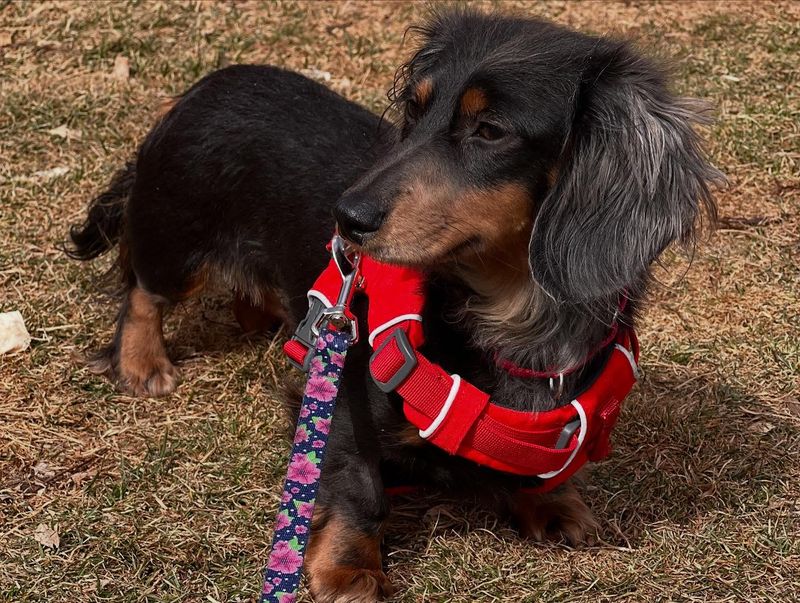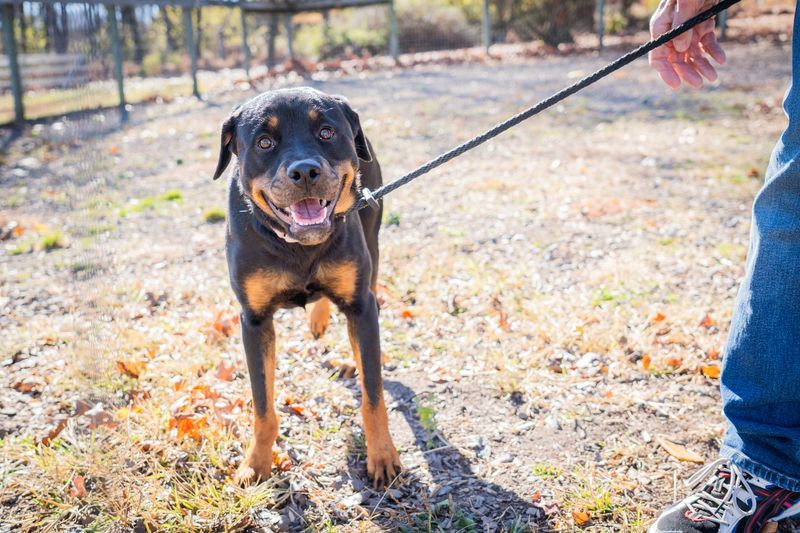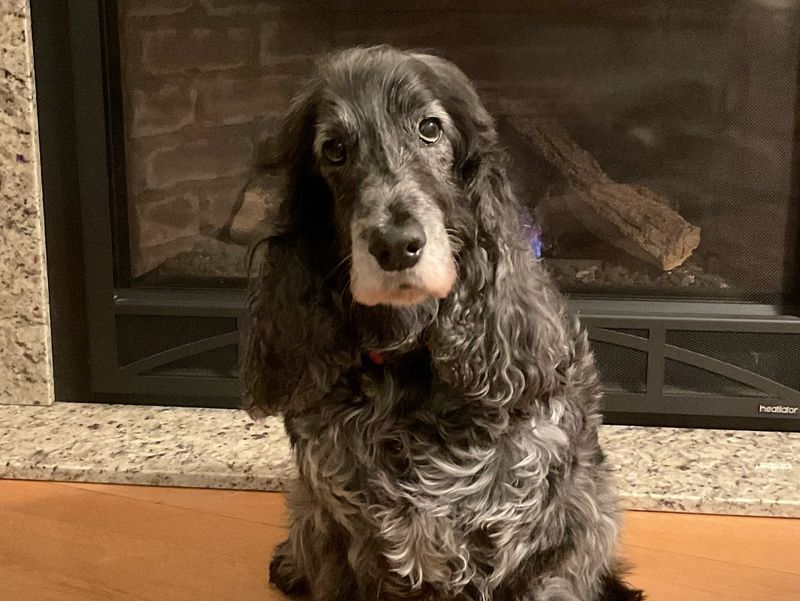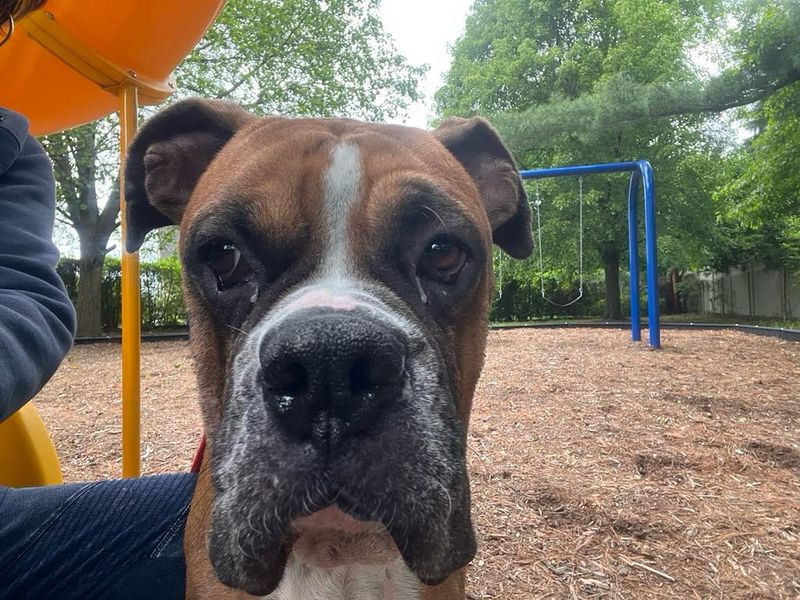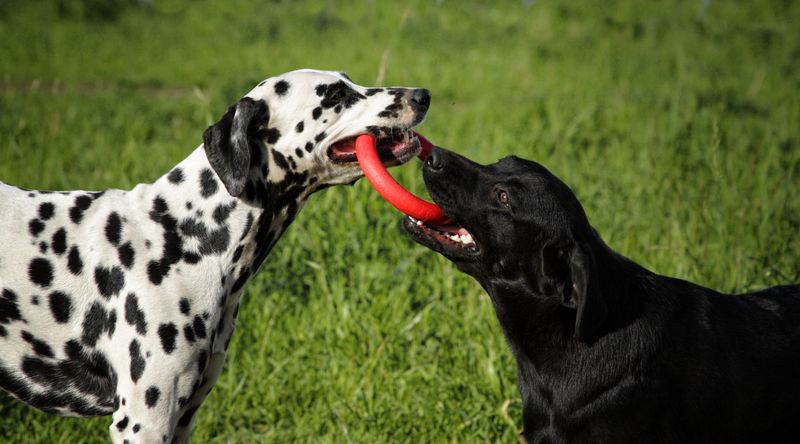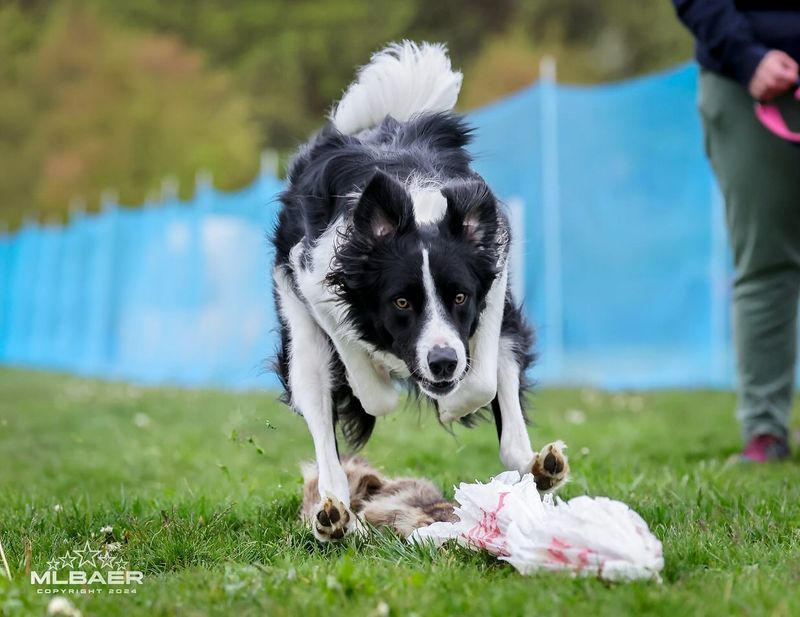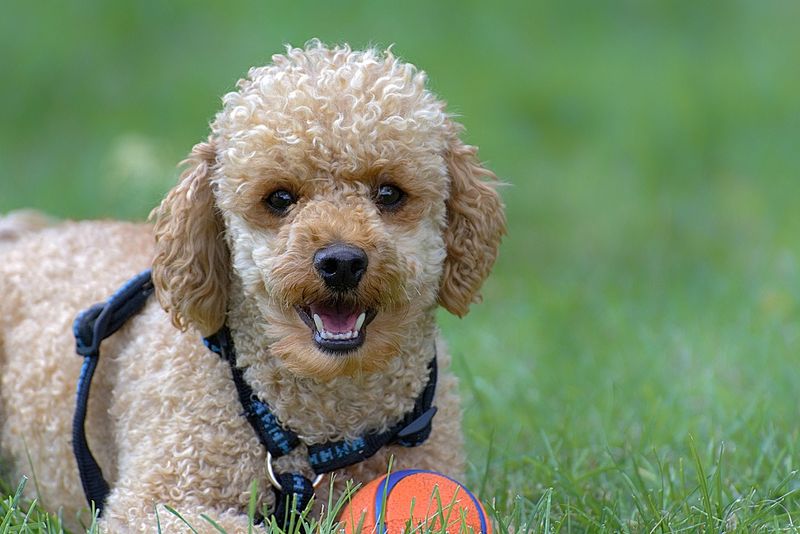Exploring unexpected aggression in various dog breeds can be both alarming and enlightening. These behavioral shifts, often surprising to owners, prompt a deeper understanding of canine psychology and socialization. This blog post delves into ten dog breeds that have recently exhibited unforeseen aggression patterns, analyzing what happened next and how owners and experts respond to ensure safety and harmony.
Labrador Retriever
Known for their friendly nature, even the ever-popular Labrador Retriever can surprise owners with sudden aggression. Picture this: a seemingly docile family pet suddenly becoming protective over its toys. This behavior can be startling.
One theory attributes such aggression to resource guarding. Labrador Retrievers, adored for their loyalty, may perceive certain situations as a threat to their loved ones or possessions. Socialization from a young age can mitigate this behavior.
Did you know? Labrador Retrievers, despite their name, originated from Newfoundland. This breed’s history is as engaging as their sometimes unpredictable behavior.
Chihuahua
With their tiny stature, Chihuahuas are often seen as harmless lap dogs. However, their feisty personalities can sometimes manifest as unexpected aggression. Imagine a Chihuahua fiercely protecting its favorite human.
This behavior might be endearing to some but alarming to others. Territoriality is strong in this breed, making early training crucial. Owners often find that ensuring consistent boundaries helps manage these unexpected outbursts.
Despite their fiery demeanor, Chihuahuas have a rich history in Mexico, once regarded as sacred by ancient civilizations. Their cultural significance adds a layer of intrigue to their behavior.
German Shepherd
Highly intelligent and versatile, German Shepherds are trusted by law enforcement worldwide. Yet, even this dependable breed can surprise with aggressive tendencies. Consider a German Shepherd suddenly wary of unfamiliar guests.
This shift could stem from a heightened protective instinct. Early exposure to diverse environments can help balance their natural guarding behavior. Understanding their cues is vital for owners.
Interestingly, German Shepherds have roots in 19th-century Germany, bred for their herding skills. Today, their legacy continues, blending loyalty with unexpected bursts of aggression that require careful management.
Dachshund
Dachshunds, with their elongated bodies and lively spirits, are full of surprises. Visualize a playful Dachshund suddenly growling at a canine companion. This aggression can puzzle owners.
Often, such behavior is linked to their hunting ancestry. Originally bred to chase badgers, Dachshunds may exhibit prey-driven reactions. Early socialization and training are key to managing this behavior.
Fun fact: These “wiener dogs” were once favored by royalty. Their unique shape and bold attitude reflect a storied past, making them both a charming and challenging breed to understand fully.
Rottweiler
Rottweilers, known for their strength and confidence, can exhibit aggression that catches owners off guard. Picture a Rottweiler suddenly barking fiercely at an innocent passerby.
This behavior may arise from their instinct to protect their territory. Socialization and training are essential in managing these instincts. A firm yet gentle approach often yields satisfying results.
Did you know? Rottweilers trace their lineage back to ancient Roman drover dogs. Their history of herding and guarding contributes to their complex nature, requiring attentive handling and understanding.
Cocker Spaniel
Cocker Spaniels, with their soulful eyes, are beloved family pets. Yet, they can sometimes exhibit aggression that baffles their family. Picture a Cocker Spaniel snapping at a child’s playful gesture.
Such behavior might be linked to fear or possessiveness. It’s crucial to teach children respectful interaction with pets to prevent incidents. Professional guidance can help in understanding these unexpected reactions.
In history, Cocker Spaniels were prized hunting companions. Their sensitive nature, coupled with occasional aggression, requires a balanced approach to nurture their friendly disposition.
Boxer
Boxers, with their playful demeanor, are often considered ideal companions. Yet, their boundless energy can sometimes lead to unexpected aggression. Imagine a Boxer suddenly confronting another dog at a park.
This behavior is often due to excitement or overstimulation. Keeping a Boxer well-exercised and mentally stimulated helps in channeling their energy positively.
Historically, Boxers have roots in Germany as working dogs. Their dynamic nature paired with occasional aggression requires thoughtful management and understanding of their exuberant personalities.
Dalmatian
Dalmatians, famous for their striking spots and storied history, can sometimes show surprising aggression. Envision a Dalmatian aggressively barking at an unfamiliar animal.
This reaction might be linked to their protective instincts. Early socialization is key, ensuring they adapt well to various situations. Understanding this breed’s unique needs helps in minimizing unexpected behavior.
Interestingly, Dalmatians have a historical association with firehouses, known for their bravery and alertness. This legacy of vigilance may contribute to their sometimes unpredictable reactions.
Border Collie
Border Collies, esteemed for their intelligence and herding skills, can display surprising aggression. Picture a Border Collie aggressively herding livestock, seemingly out of character.
This behavior is often innate, a manifestation of their strong herding drive. Structured training helps in channeling their instincts appropriately.
Did you know? Border Collies are often considered the smartest dog breed. Their keen intelligence, coupled with a strong work ethic, demands an owner who understands their need for mental and physical challenges.
Poodle
Poodles, celebrated for their elegance and intelligence, can sometimes surprise with unexpected aggression. Picture a Poodle suddenly wary of unfamiliar visitors.
Such behavior may be due to a keen sensitivity to their environment. Ensuring positive experiences with new people helps in reducing such instances.
Historically, Poodles were bred as water retrievers in Germany. Their elegance masks a robust working history, and understanding their background aids in managing their sometimes unpredictable demeanor.
